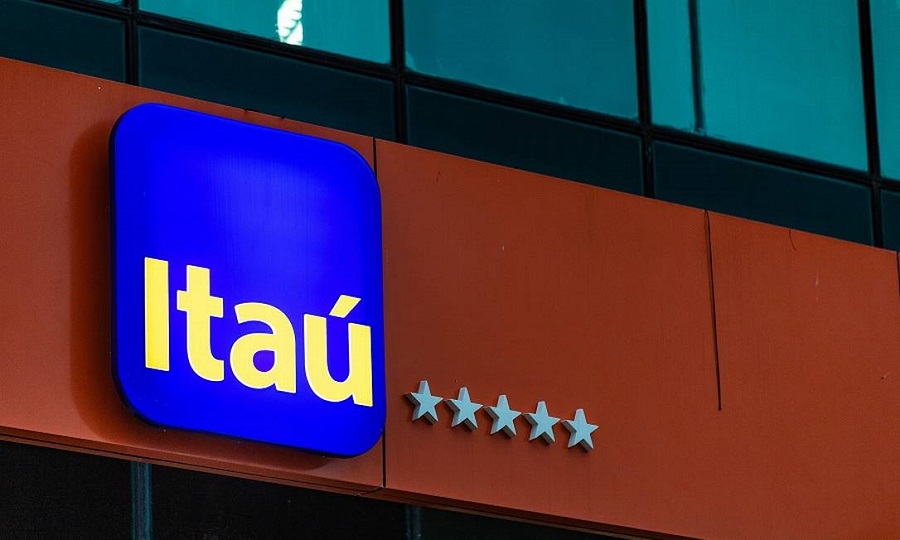RIO DE JANEIRO, BRAZIL – Itaú’s projection, after its prior forecast of 0.5% growth, is one of the first to predict negative GDP growth for Brazil in 2022, a year in which there will be presidential, legislative and regional elections.
This percentage contrasts with the government’s current forecast of 2.5% growth for 2022.

Itaú considered that, given uncertainties surrounding the Jair Bolsonaro government’s fiscal policy agenda in a high inflation context, interest rates will rise, which will generate “weaker economic activity.”
“Increased fiscal uncertainty implies a higher country-risk, further depreciation of the Brazilian real, worse prospects for inflation and, ultimately, a higher neutral interest rate,” the bank said.
The Bolsonaro government last week announced the expansion of a subsidy program for the poorest families during 2022, the year in which the president will seek re-election.
Among its plans is to raise the value of these subsidies to a minimum of R$400 (US$70) per month and also to increase the number of potential beneficiaries from 14.7 million to some 17 million families.
In order to raise the necessary resources, the government intends to raise the constitutional spending cap and defer the payment of most of the federal government’s court-ordered debts, with the aim of making room in the 2022 budget.
These initiatives have raised concerns in financial markets, which have reacted with sharp drops in the São Paulo stock market, coupled with a sharp appreciation of the U.S. dollar against the Brazilian real.
“While the fiscal dominance discussion may seem exaggerated at the moment, it is true that without credible fiscal rules, the Central Bank’s task of keeping inflation within the target becomes more difficult,” Itaú said.
Brazil is also experiencing an inflationary crisis, which has soared above 10% year-on-year, and of unemployment, at a rate of around 14%.

